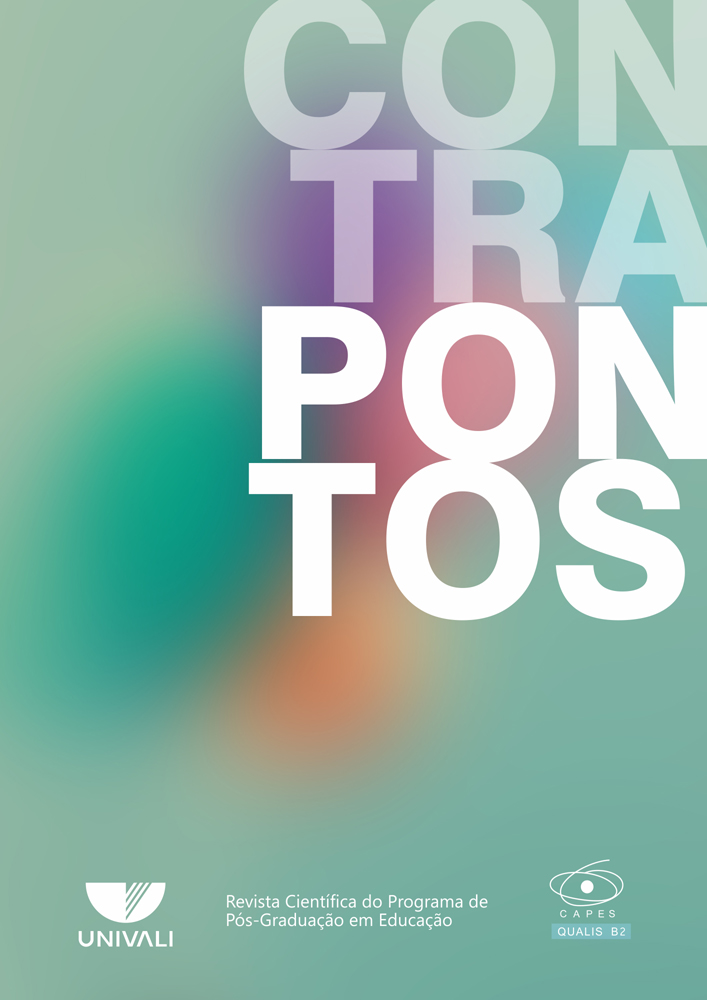
This paper addresses the understanding of a group of educators about ethical-aesthetic formation in the school. Its objective is to analyze how early childhood and elementary school teachers of a school in Porto Alegre, in the Brazilian state of Rio Grande do Sul, understand the ethical-aesthetic education of their students, and the possible implications of this understanding. The theoretical framework was based on the concepts of education, ethics,
and aesthetics. The technique of content analysis was used to interpret the data, and the
research results were categorized into four thematic axes: education as integral formation
for well-being; ethical formation and the common good; aesthetic perception and creative
imagination; and pedagogical practices and ethical-aesthetic formation. The research shows
that ethical-aesthetic formation is the subject of reflection and action by educators, but there
is a gap between theoretical conception, planning and pedagogical practice.




This work is licensed under a Creative Commons Attribution 4.0 International License.





